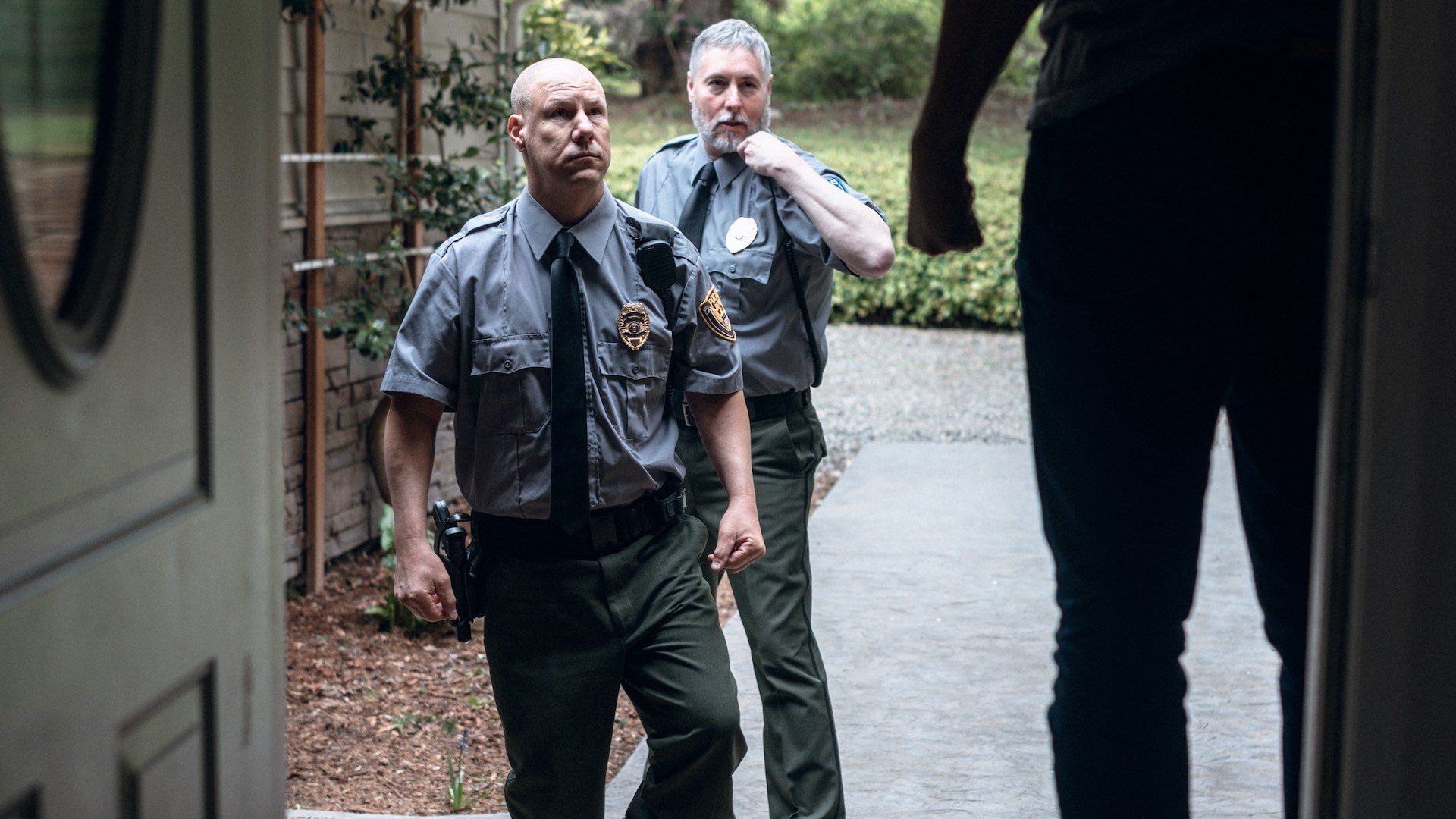
The Supreme Court is asking more questions about the role of search warrants after police entered a man’s home without a warrant.
The case in question involved a potentially suicidal man whose wife called the police for assistance. In an argument with his wife, Edward Caniglia placed an unloaded gun on the table and asked her to shoot him to “put him out of his misery.”
The next day when he didn’t answer his wife’s phone call, she called the police, who entered the home and seized two handguns. Edward Caniglia was promised he would be able to keep his guns after undergoing a psychological evaluation, which he did. However, police kept the guns until he sued for them.
Now, the man says that a ruling against him would give police complete power to enter homes without a search warrant under the broad justification of “community caretaking.”
The question for the Supreme Court was: when is it okay for police to enter a home without a search warrant? AP News reported that the Supreme Court was thinking up scenarios where it would be permissible for police to enter a home without a search warrant to more clearly define the police’s “community caretaking” context.
Both liberals and conservative justices agreed that under limited circumstances, the police should be able to enter homes without a search warrant. The main concern was how to ensure that the police didn’t abuse this power and how to more clearly define the law.
To do so, justices came up with a variety of imaginative examples as part of a 90-minute argument session over the phone. Chief Justice John Roberts asked if police could enter an elderly woman’s home if they were told she was never late but missed a dinner date with neighbors.
“The police are violating the Constitution because they walk in the backdoor to make sure she’s not lying on the floor?” he asked skeptically. Roberts also asked whether officers could enter a fenced backyard to rescue a cat in a tree.
Adding to these examples, Justice Amy Coney Barrett asked if police could enter a home if they saw a large gathering of maskless people violating hypothetical coronavirus restrictions.
The problem, according to Justice Samuel Alito. is that the “caretaking exception” does not have “clear boundaries.” Prior court decisions allow the police to enter a home without a warrant in emergencies. One of these emergencies, Justice Brett Kavanaugh argued, was suicide calls. He expressed his worry that the police would “back away from houses” in those scenarios.
The Biden administration is urging the Supreme Court to side with officers in the case of Caniglia v. Strom.





